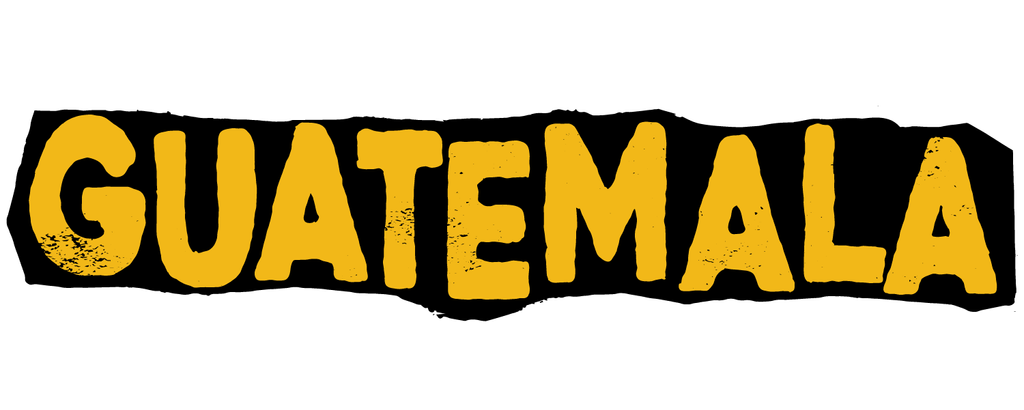
Once upon a time, Guatemala's main export was indigo and cochineal dye, but in the mid-1800s this industry collapsed after the invention of synthetic dyes. Suddenly, the people needed a new export. More history for you (don't worry it's all going to come together in just a moment): the Jesuit missionaries were in Guatemala in the mid-1700s - they were also expelled not too long after that - not only did they bring with them the message of Jesus Christ, they also brought ornamental coffee plants. Initially these plants were just that, ornamental, but after the decline of the dye industry the Guatemalan's set to work on fortifying their next big export - coffee. Estimations say there's around 125,000 coffee producers in Guatemala, making Guatemala the eighth biggest exporter of coffee in the world. Most farmers have old, traditional varietals like Bourbon and Typica - the two original varietals. There are 8 growing regions in Guatemala, many of our coffees come from Huehuetenango, where the coffees are often fruit forward.

